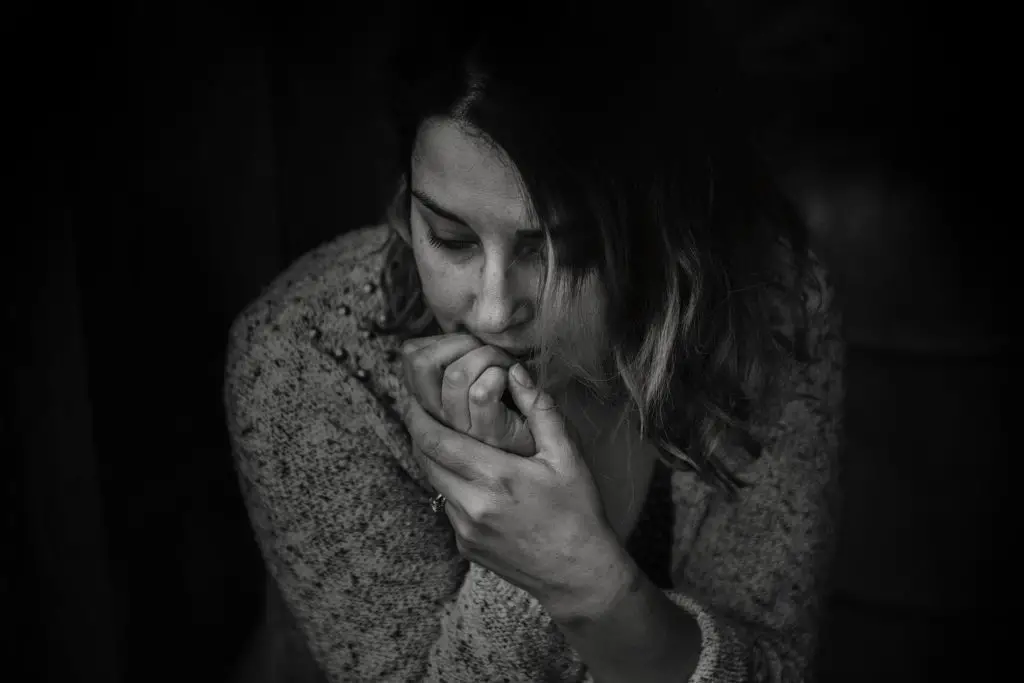It’s possible to develop PTSD after being in a relationship with a narcissist. It’s important to seek treatment if you’re having symptoms like flashbacks, nightmares, or intrusive thoughts. You have many available resources, therefore you don’t have to suffer in silence.
What is PTSD?
Even while it is frequently linked to combat veterans and other people who have undergone physical abuse, it is also possible for someone to experience emotional or psychological abuse and develop PTSD.

What is Narcissistic Abuse?
Narcissistic abuse is a type of emotional abuse defined by the abuser’s dominance, manipulation, and lack of empathy. Numerous behaviors, such as verbal, emotional, financial, and even physical abuse, can be classified as narcissistic abuse. Narcissistic abuse is one kind of abuse that can cause PTSD.
Anxiety, depression, and feelings of worthlessness are just a few of the symptoms that those who have experienced narcissistic abuse may suffer. They could also have trouble trusting people and battle with guilt or shame. These symptoms might in some circumstances be severe enough to qualify as PTSD symptoms.
A person who has a narcissistic personality disorder (NPD) or narcissistic tendencies may inflict narcissistic abuse, which is a form of emotional abuse. An inflated idea of self-importance, a need for constant adoration, and a lack of empathy for others are traits of narcissists. They frequently take advantage of and hurt those around them to satisfy their own desires.
Abuse by a narcissist can be very harmful, both mentally and physically. It can make the sufferer feel unimportant, unworthy, and insignificant. Gaslighting, anxiety, and manipulation are just a few of the techniques narcissists frequently utilize to keep their victims under control.
What are The Signs and Symptoms of PTSD?
PTSD has a wide range of symptoms, which can make a diagnosis challenging. The presence of intrusive memories or flashbacks to the traumatic incident is one of the characteristics of PTSD. These kinds of recollections are common among victims of narcissistic abuse, especially if the abuse was severe or persisted for a long time. Due to their traumatic experiences, they could also have nightmares or trouble falling asleep.
Avoidance behavior is another sign of PTSD. People who have experienced narcissistic abuse may strive to avoid encounters with those who remind them of their abuser. They could also avoid talking about their traumatic events with others, which can make it more challenging for them to deal with their feelings and come to terms with their experiences. Additionally, individuals with PTSD may struggle to fall asleep, feel highly emotional all the time, and feel continually on edge.
How do You Recognize PTSD Caused by Narcissistic Abuse?
Given that the symptoms of PTSD from narcissistic abuse can be quite similar to those of standard PTSD, it can be challenging to distinguish between the two. The following are some of the most typical PTSD signs carried on by narcissistic abuse:
-Nightmares about the abuse;
-Flashbacks or persistent thoughts about the abuse
-Feeling “walking on eggshells” or continuously on edge around the narcissist;
-Strong hatred, anger, or bitterness towards the narcissist;
-Thinking you’re “not good enough” or unworthy of love or respect;
-Being isolated from friends and family;
-Finding it difficult to trust people after the abuse.
When it comes to PTSD after being in a relationship with a narcissist, many people find cognitive-behavioral therapy to be very beneficial.
It’s important to recognize that not everyone who has experienced narcissistic abuse will experience PTSD. However, if you have endured this kind of trauma and are displaying PTSD symptoms It’s important to get professional help. You can focus on creating a better future for yourself by developing coping mechanisms, processing your experiences, and working with a therapist or counselor.

How Can You Get Better?
You can take a lot of different actions to contribute to your recovery from a traumatic event. Many things can be done on your own, however, other people may require professional assistance to process their feelings and emotions.
Talking about what happened in therapy is one thing that can be beneficial. It can be stressful, but sharing your experiences with someone who will listen and understand can be incredibly healing. An excellent place to start is by talking to a friend or member of your family, but you might also want to think about meeting with a therapist or counselor who can educate you in processing the trauma.
Exercise: Engaging in physical activity can also be beneficial. Endorphins are chemicals released during exercise that can lift your spirits and make you feel better. It may also be a useful approach for you to divert your attention from your thoughts and give you a sense of control.
Self-care: It’s critical to look after your needs. This could entail getting enough sleep, eating well, and staying away from drugs and alcohol. You can feel better both physically and emotionally by doing all of these things. You will be able to recuperate and heal from the trauma if you take care of yourself.
Conclusion
The mental health and well-being of a person can be severely damaged by narcissistic abuse. It’s necessary to get help right away if you or someone you know is suffering from PTSD symptoms as a result of narcissistic abuse. People can start the process of healing and reclaiming their lives with the correct help.
You’re not alone. You have many available resources, so you are not forced to suffer in solitude. Never hesitate to seek help. You deserve to receive the support needed for healing.

